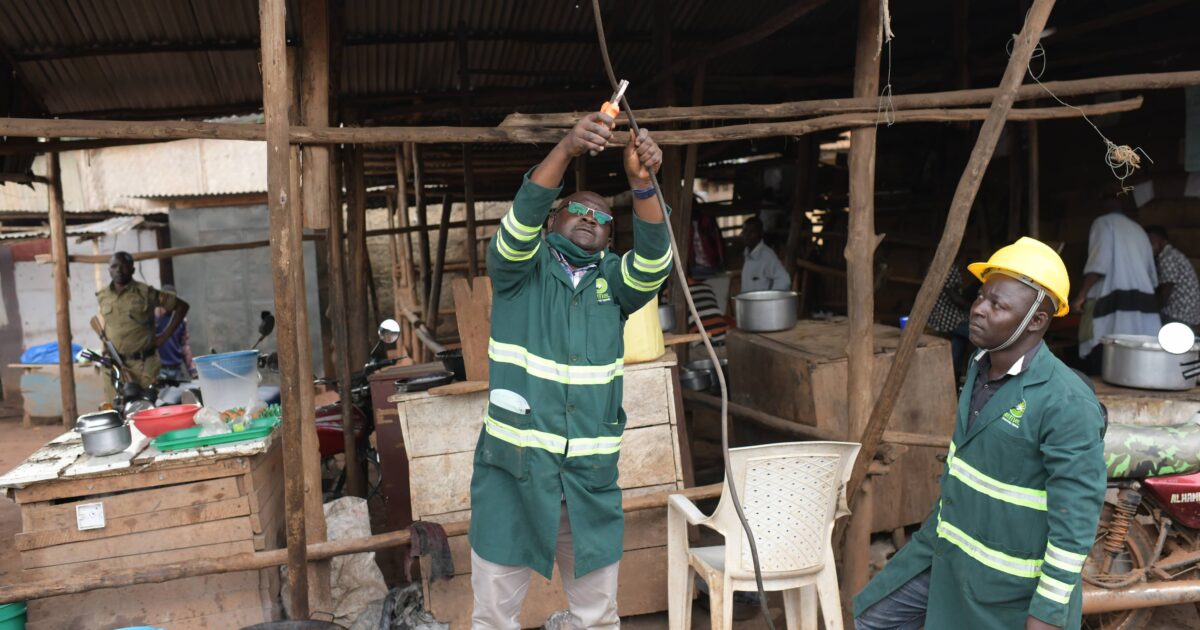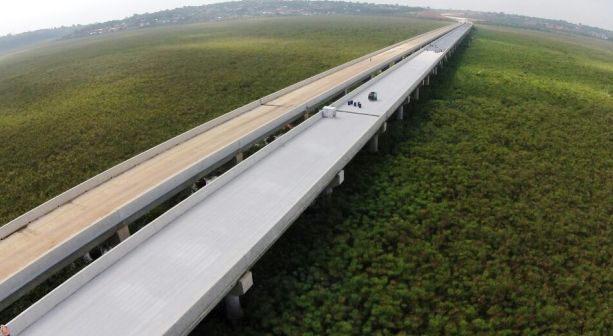Umeme has resumed operations on illegal power connections
Umeme Ltd, Uganda’s leading power distributor, has posted a net profit of Shs41.1bn in 2020, down from Shs139.2bn in 2019. This represents a decline of 69%.
According to financial results for the year ended 31st December 2020 released yesterday, Umeme’s energy losses increased to 17.5% from 16.4% in 2019 “on account of limited field activities due to the pandemic restrictions on movement and suspension of Electricity Connections Policy (ECP) which led to increased illegal connections.”
The fall in the profits is largely attributed to the effects of COVID-19 which affected several businesses and the economy at large following lockdown and restrictions on a number of activities.
Umeme’s total revenues reduced by 7% to Shs1.66 trillion in 2020 from Shs1.77 trillion 2019.
Electricity sales declined by 3% to Shs1.60 trillion , on top of the government’s suspension of the Electricity Connection Policy in December.
By June, Umeme had already stopped implementing the policy because the government had stopped releasing funds to the distribution companies that were implementing it, and these had accumulated to about Shs100bn.

The results further indicate that revenues under the ECP fell by almost three quarters to Shs54bn compared to Shs190bn recorded in 2019.
The free connections resumed this month after the government secured funding from various lenders for a phased implementation.
The decline in the other revenues was mainly due to the closure of industries during the lockdown, while others reduced the number of working hours, which led to lower demand for electricity.
There was a 16% increase in the consumption of a few large industrial customers which reportedly increased output due to demand for their products like still, when imports stopped coming in due to closure of borders, according to Umeme Managing Director Celestino Babungi.
The financial statements also show an increase in the cost of operations by 6%, mainly driven by the repairs of equipment and networks, as well as implementing the standard operating procedures against covid 19.
The company says that they are fast-tracking the migration of operations from manual to ICT platforms and this will enable them to cut costs further.
During the year, the company generated Shs277bn in cash up from Shs94bn in 2019 from operating activities.
This was used to partly fund new investments, dividends and other financial obligations.
“We invested Shs279bn in capital projects, building and upgrading seven substations, constructing distribution integration lines with transmission infrastructure, expansion of distribution transformer zones,” says the statement signed by Board Chairman Patrick Bitature.
It adds that they also converted 168,000 customers to prepaid metering, bring the total to more than 96% of the total consumers to Yaka.
The company has set aside Shs12.2bn per share to be given out to shareholders in dividends, subject to approval by the shareholders at the next Annual General Meeting, and subject to taxes. In 2019, the shareholders got Ushs 41 per share.
The company also hopes that the government’s response to the pandemic and the vaccine roll out will lead to further economic recovery and improve the operating environment.
They also pray for the conclusion of the licensing renewal process in the company’s favour.
“The resolution of the concession extension beyond 2025 is fundamental in unlocking long-term capital for investment in the distribution network to evacuate new loads, increase access, improve the quality of supply and reduction of technical losses,” says Bitature.
On Monday, Umeme and the police re-launched a countrywide operation against electricity theft and illegal connections, which they say have an economic cost to the company of 100 billion shillings per year.





